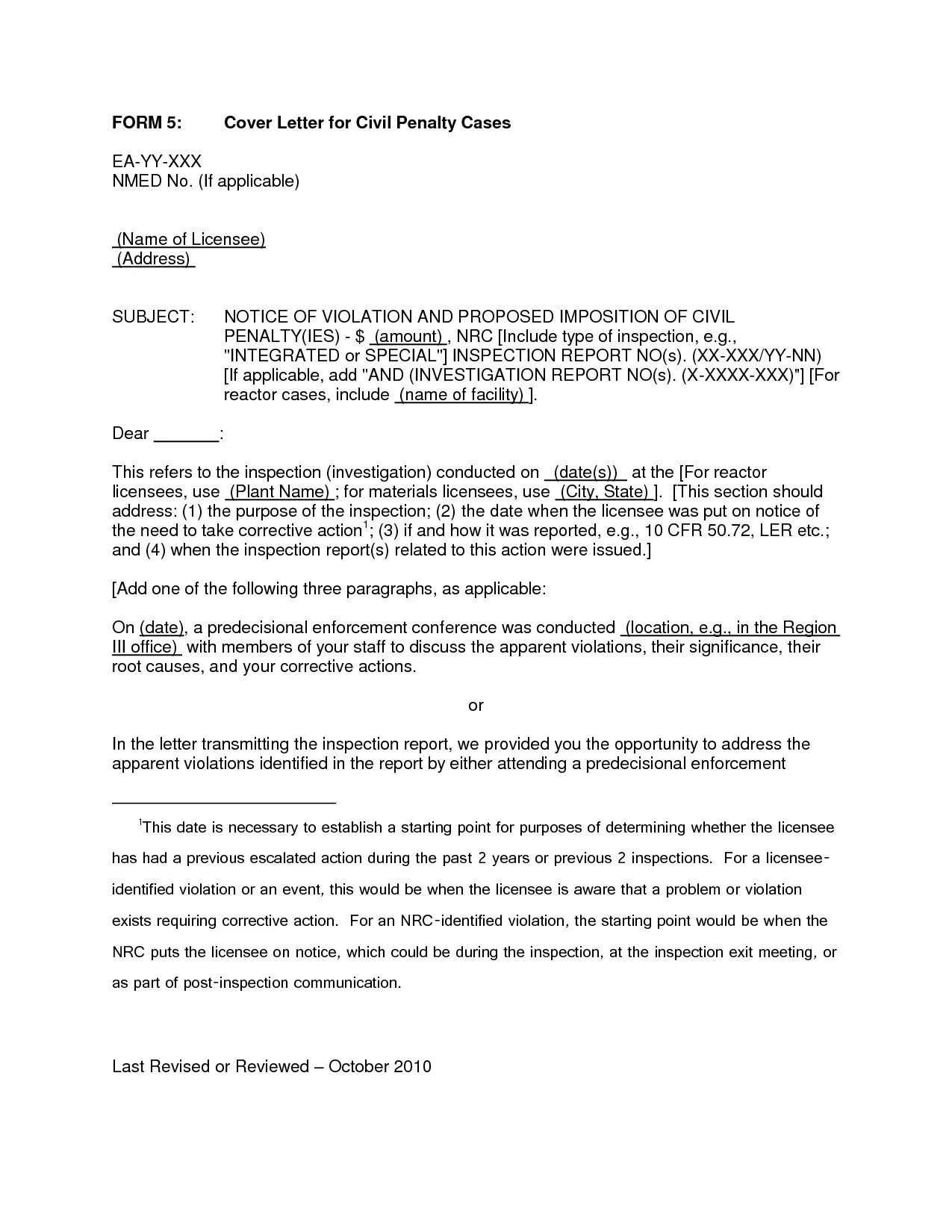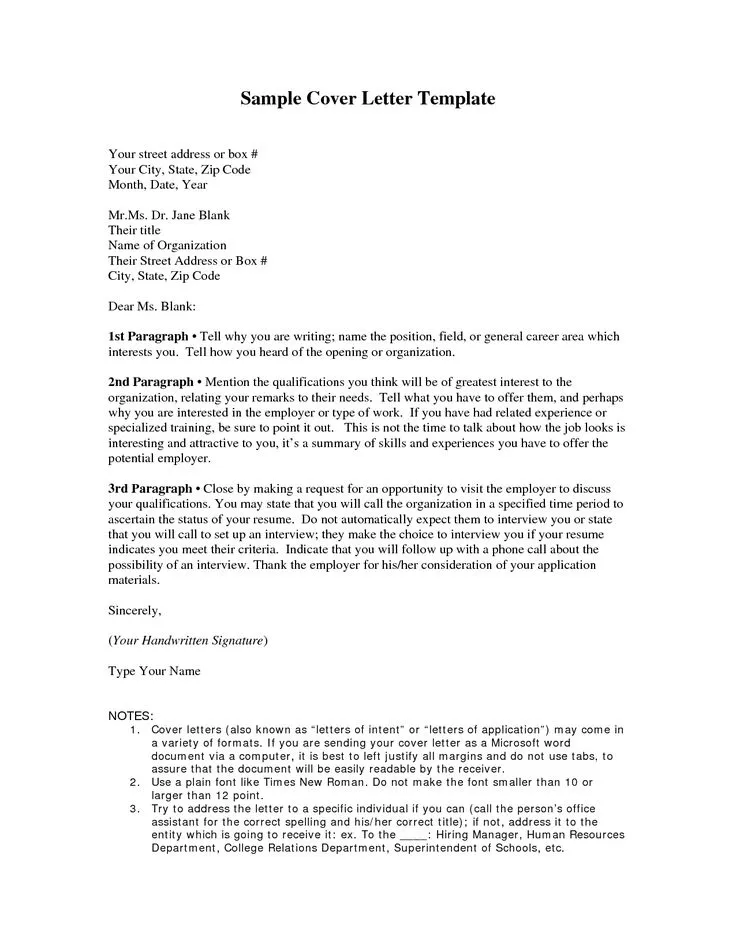Knowing the Dilemma of Addressing Cover Letters
Writing a cover letter is a crucial step in the job application process, serving as your first introduction to a potential employer. However, a common challenge arises when you are unsure who to address the letter to. Not knowing the hiring manager’s name or the specific contact person can create uncertainty. Addressing a cover letter correctly shows attention to detail and professionalism. In many cases, not having a specific name is not ideal and requires strategic addressing, but it should not discourage you from submitting your application. This guide provides practical tips to navigate this situation, ensuring your cover letter makes a positive impact even when the contact remains unknown.
Finding the Right Contact Information
The first step involves attempting to find the hiring manager’s name or the appropriate contact person. This requires some proactive research. Start by checking the job posting itself; often, the name of the contact person is included or a link to the company’s website to find it. Visit the company’s website and look for the ‘About Us’ or ‘Contact’ sections, which might list key personnel. Explore professional networking sites like LinkedIn, where you might find the hiring manager or someone in the Human Resources department. If you find a name, use it, but verify it to ensure accuracy. Failing to find a name is not the end; move on to other methods.
Using General Salutations Effectively

When you cannot find a specific name, you can use general salutations that maintain a professional tone. Commonly used options include ‘Dear Hiring Manager’ or ‘Dear [Department Name] Hiring Team.’ Ensure that you research the department to personalize your letter. For example, if you apply for a marketing position, you could use ‘Dear Marketing Team.’ You can also use ‘Dear Sir or Madam’ or ‘To Whom It May Concern,’ but these options are considered outdated by some recruiters. The most important thing is to maintain professionalism throughout the letter, regardless of the salutation you choose. Remember, your writing content is more important than the salutation.
When to Avoid a Specific Name
There might be situations where using a specific name is not necessary or appropriate. For example, for high-volume applications, the hiring manager might not be assigned yet. In these cases, the ‘Dear Hiring Manager’ salutation is perfectly acceptable. Additionally, if the job posting specifically requests to avoid mentioning any names, respect the instructions. In this instance, focus on the body of your cover letter and tailor it to the job requirements. It is always better to follow the instructions of the job posting. If you are unsure about a name, it is safer to use a general salutation rather than risk misspelling the contact’s name.
Highlighting Your Research and Interest
Regardless of the salutation, demonstrate your knowledge of the company and the position. This is where your research comes in handy. Mention the company’s recent projects, values, or any specific details that show your sincere interest. Tailor your letter to the specific job description; refer to the keywords and requirements mentioned in the posting. Explain why you are interested in the role, and express your understanding of the company’s mission. This will set you apart from other applicants and show the hiring manager that you invested time and effort to understand the company’s values.
Emphasizing Your Skills and Experience

The body of your cover letter is where you showcase your qualifications. Focus on the skills and experiences that align with the job requirements. Provide concrete examples of your past achievements and how they make you a great fit for the position. Use action verbs to describe your accomplishments. Quantify your achievements whenever possible; this helps illustrate your value. Be specific and avoid vague statements. Remember, the hiring manager wants to know how your skills and experience will benefit the company. Show how you can solve their problems and contribute to their goals.
Expressing Enthusiasm for the Opportunity
End your cover letter with enthusiasm for the opportunity. Reiterate your interest in the role and the company. Use a strong call to action, such as expressing your eagerness to discuss your qualifications further in an interview. Thank the hiring manager for their time and consideration. Express your willingness to answer any questions. A well-crafted closing paragraph can leave a lasting positive impression and increase your chances of securing an interview. Be polite, and confident, and show your commitment to the role.
Proofreading and Professionalism
Before submitting your cover letter, thoroughly proofread it for any grammatical errors, typos, or formatting issues. Ensure your letter is clear, concise, and professional. Use a standard font and consistent formatting throughout the document. Ask a friend or family member to review your letter for a second opinion. Pay attention to your email address; it should be professional. Ensure your contact information is accurate and up-to-date. A polished cover letter, even without a specific name, reflects attention to detail and professionalism, significantly enhancing your chances of a positive response from the hiring manager.
